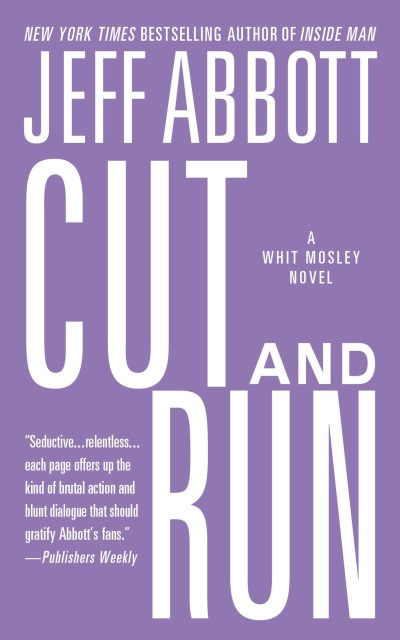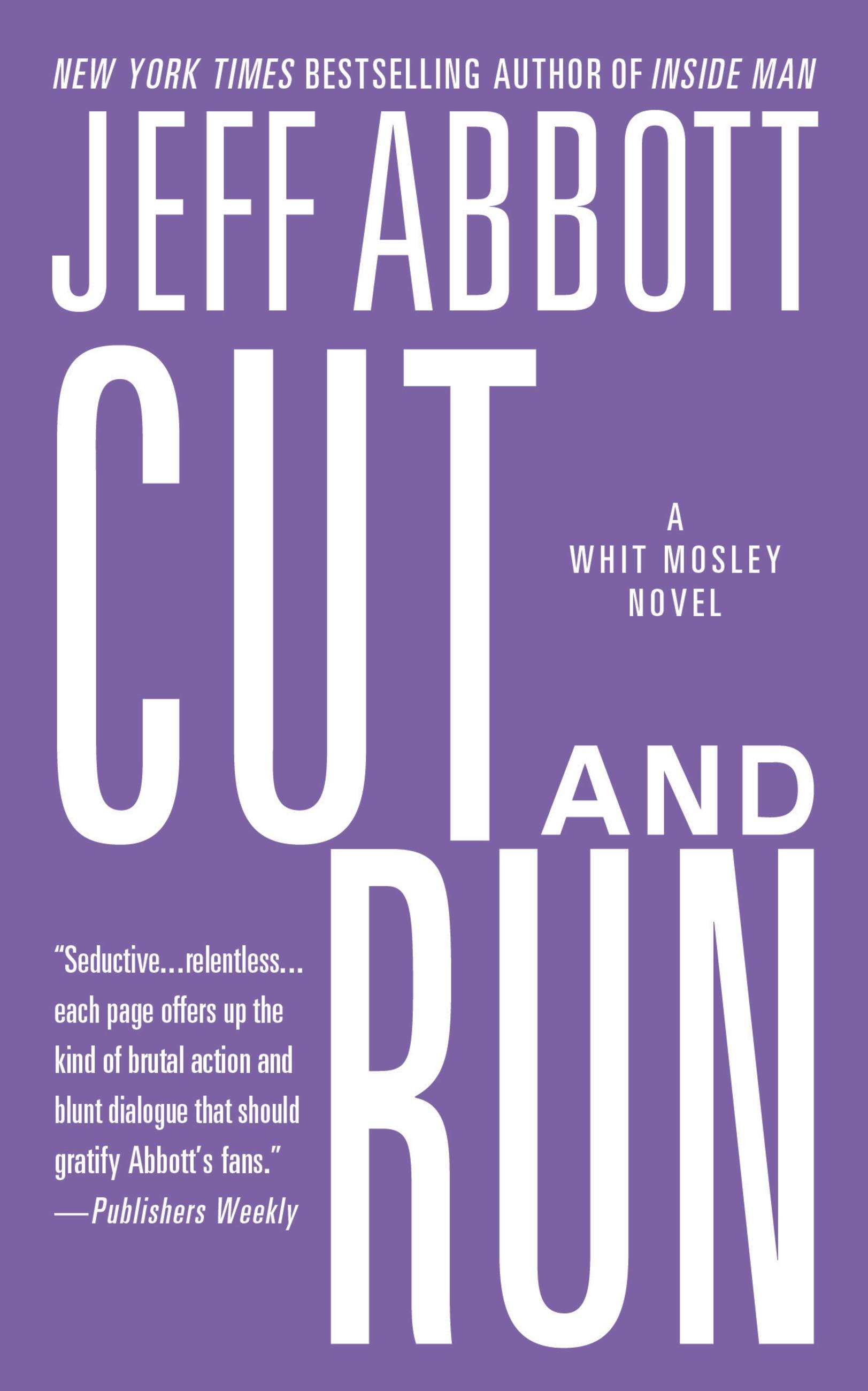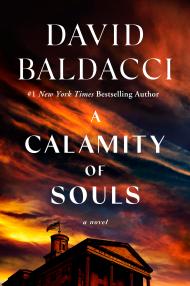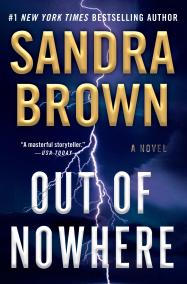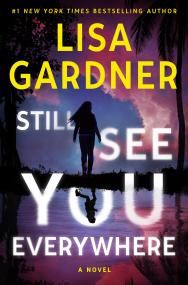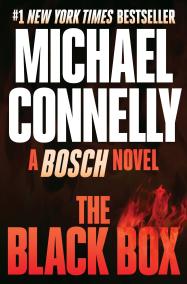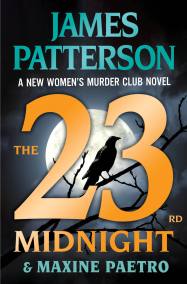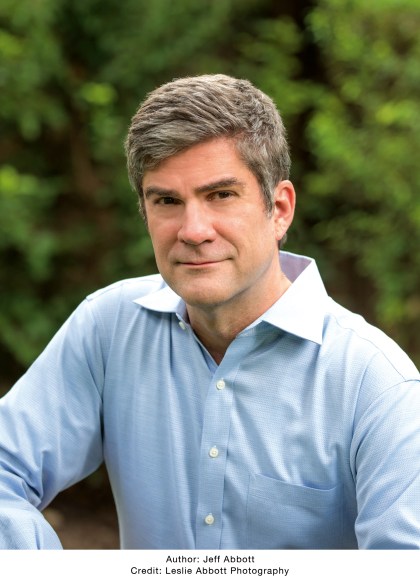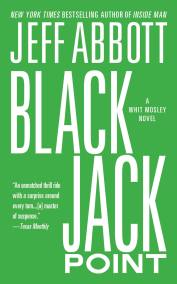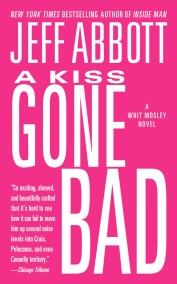Promotion
Use code MOM24 for 20% off site wide + free shipping over $45
Cut and Run
Contributors
By Jeff Abbott
Formats and Prices
Price
$8.99Price
$12.99 CADFormat
Format:
- Mass Market $8.99 $12.99 CAD
- ebook $7.99 $9.99 CAD
- Audiobook Download (Unabridged)
This item is a preorder. Your payment method will be charged immediately, and the product is expected to ship on or around April 29, 2014. This date is subject to change due to shipping delays beyond our control.
Also available from:
Plunge into the "sleazy, seductive world of crime in Houston" as Judge Whit Mosely schemes to save him mother from a gang of sophisticated killers from the New York Times bestselling author, Jeff Abbott (Publishers Weekly).
She's a liar.
She's a thief.
She's a killer.
She's his mother. And he'll take on the world to save her.
With his father near death, Judge Whit Mosley launches a search for his mother, who abandoned the family thirty years ago and vanished into the criminal underworld. Hoping to heal the wounds of the past, Whit finds Eve–framed for murder and for stealing five million dollars from a Houston crime cartel desperate to regain their lost power.
He has one impossible chance to save his mother: take her on the run, outsmart a gang of sophisticated killers, and find the missing millions. Caught in a nightmare of double crosses and vicious schemers, Whit turns his back on law and order for the one person he most wants to trust but knows the least–a dangerous woman who may be plotting the cruelest deception of all.
She's a liar.
She's a thief.
She's a killer.
She's his mother. And he'll take on the world to save her.
With his father near death, Judge Whit Mosley launches a search for his mother, who abandoned the family thirty years ago and vanished into the criminal underworld. Hoping to heal the wounds of the past, Whit finds Eve–framed for murder and for stealing five million dollars from a Houston crime cartel desperate to regain their lost power.
He has one impossible chance to save his mother: take her on the run, outsmart a gang of sophisticated killers, and find the missing millions. Caught in a nightmare of double crosses and vicious schemers, Whit turns his back on law and order for the one person he most wants to trust but knows the least–a dangerous woman who may be plotting the cruelest deception of all.
Genre:
- On Sale
- Apr 29, 2014
- Page Count
- 448 pages
- Publisher
- Grand Central Publishing
- ISBN-13
- 9781455546176
Newsletter Signup
By clicking ‘Sign Up,’ I acknowledge that I have read and agree to Hachette Book Group’s Privacy Policy and Terms of Use
